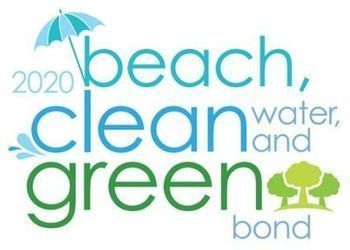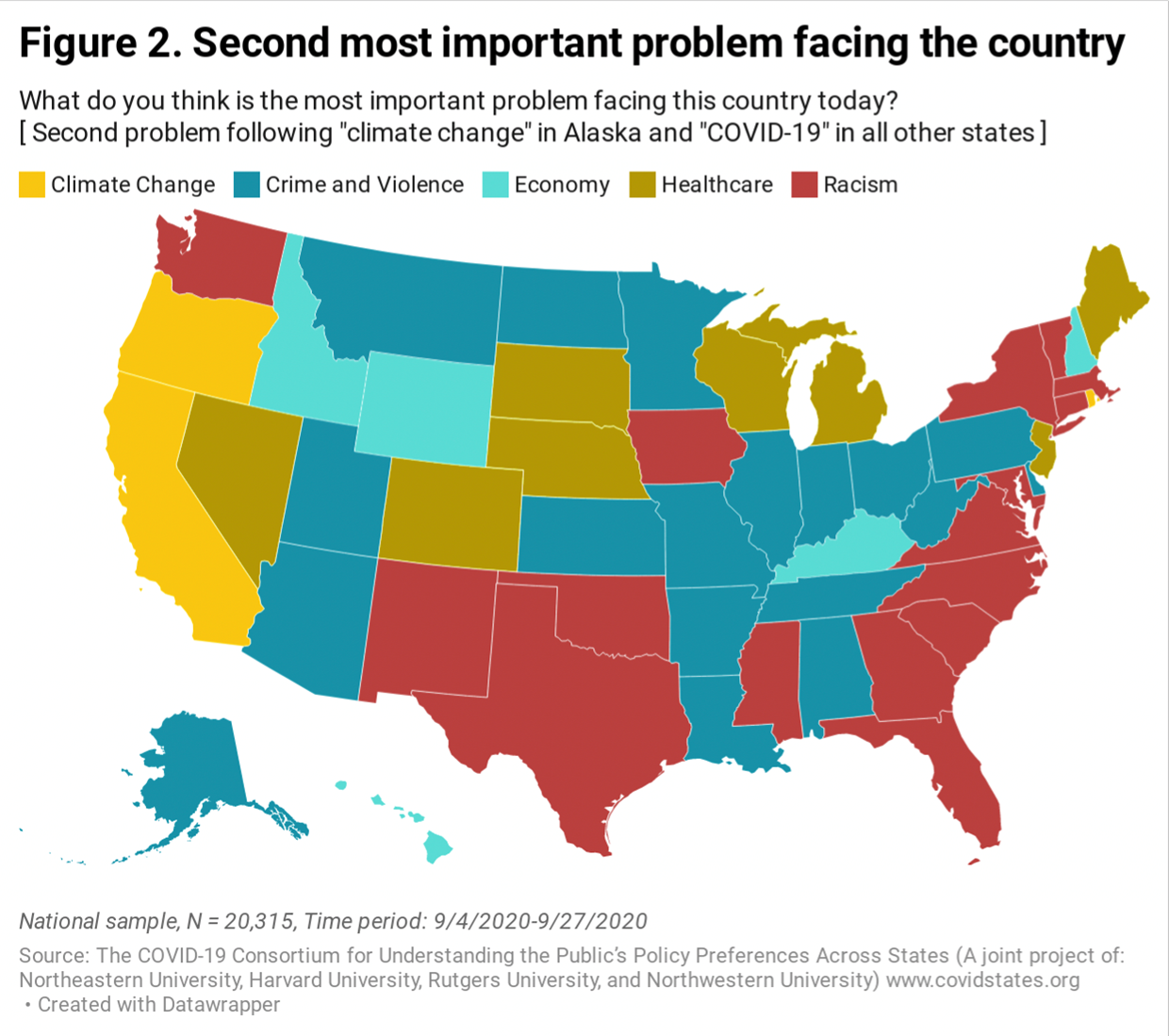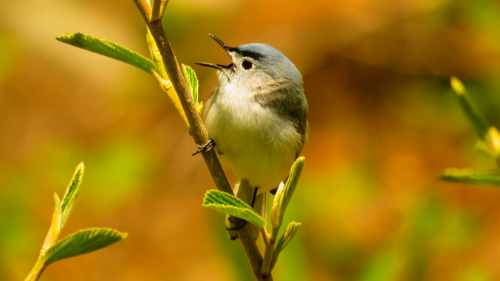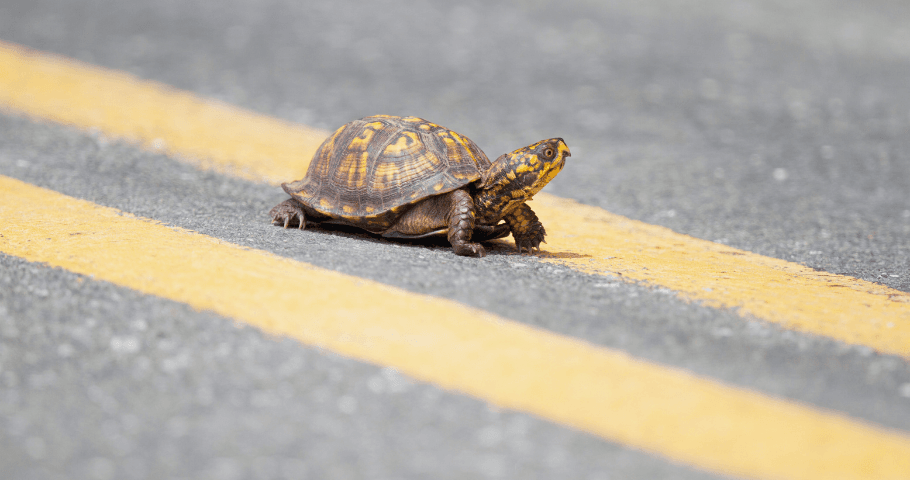
December 2020
The monthly Audubon Eagle Eye Advocacy Updates will provide you with simple actions you can take to help foster a cleaner, healthier planet along with local and national environmental news. Advocacy to protect birds and wildlife is a top Audubon priority and this work goes beyond testifying on their behalf on Smith Hill. Year round, we are working with our community partners and Rhode Island leaders to ensure the environment is a priority. These updates will keep you informed and ready to take action when the legislative session is upon us. As the newsletter continues, we are very interested in your suggestions and questions. Please send them to Audubon Senior Director of Policy Meg Kerr at mkerr@asri.org.
Sign up to get the Audubon Eagle Eye Advocacy Update in your inbox!
As 2020 draws to a close, I want to thank you for reading the monthly Audubon Eagle Eye and extend my wishes for a happy and safe holiday season.
I am reading the newly released book “This Time Next Year We’ll Be Laughing,” by Jacqueline Winspear. The title reminds me that while the pandemic has been very, very hard for everyone, at some point it will be behind us and we will be together again with our friends and family. I hold this thought close as I too will be holding holiday celebrations without all of my loved ones. I recognize that my sacrifices are small compared to many. I also want to acknowledge and thank the front-line workers who have worked tirelessly through these long months and extend my heartfelt sympathy to those who have lost loved ones this year.
- Meg Kerr
Beach, Clean Water and Green Bond
We will start off with some great news and a chance to thank your legislators and encourage their support!
The budget released THIS WEEK in House Finance included a $74 million green bond. This is great news. The next step is that the legislature will consider the budget and the bond packages when they meet next week. Please contact your senator and representative and ask them to support Bond #2, the $74 million Beach, Clean Water and Green Bond.
A Few Ideas for Making Your Holiday More Sustainable
Recycle your Christmas Tree: Every year, over 10 million Christmas trees end up in landfills. Although it can be particularly challenging to properly dispose of your tree in an urban setting, many municipalities offer solutions. We suggest looking into what local programs are available. Perhaps you can turn your tree into mulch or wood chips, or even donate it towards an environmental project like stream bank stabilization.
Handcraft Your Gifts: Add some extra thought into your gifts this year! Consider creating a basket filled with homemade cookies, infused liquors or extracts, fudge, spiced nuts, and more. Add a homemade ornament, a favorite bottle of wine, or a book you loved this year. And the best part? Homemade gifts can be as fun to make and give as they are to receive.
Environment Council of Rhode Island’s Green Report Card
The report card is developed by reviewing legislative votes on priority bills selected by ECRI members. However, the 2020 session was cut short by the pandemic and no environmental bills passed during the 2019 session, leaving ECRI with no data to review. This is the first time that “Incompletes” were issued to the Senate, House and Governor’s office.
The full text of the report card and the press release announcing its completion can be found here.
Rhode Islanders See Climate Change as a Top Priority
Things with Wings: Recent Highlights from the Xerces Society’s Bee City USA Initiative
Did you know that native bees spend most of their lives dormant in their nests? It's important and easy to provide nesting and overwintering areas for bees by leaving plant debris in your yard, including pithy stems and leaves. Who knows? You may spot a few nests!
Xerces' guide, Nesting and overwintering habitat for pollinators and other beneficial insects, is a great resource for learning more about the nesting and overwintering requirements of insects and what you can do to improve the habitat in your yard, garden, or neighborhood.
Migratory Bird Treaty Act under attack by Trump Administration
The September Eagle Eye included the story, A Big Win for Birds. We wrote about the court decision that should have ended the Trump administrations rollback of this bedrock bird-protection law, “on August 11, a federal court ruled that the legal basis for the Trump Administration’s rollback of the century-old Migratory Bird Treaty Act (MBTA) is inconsistent with the intent and language of the law”.
Despite this ruling, the Trump administration has continued to move forward with their regulations. National groups will continue to fight these changes in the courts.
New legislation has been introduced that could negate these negative effects. In January, the U.S. House Natural Resources Committee voted to advance the Migratory Bird Protection Act, (co-sponsored by Congressman Cicilline) a bill that would counter this rollback and add new innovations to the century-old law. If passed, the new law would end industry’s free pass to kill birds by directing the Fish and Wildlife Service (FWS) to develop a permitting process for “incidental take” through which relevant businesses would implement best management practices and document compliance, further driving innovation in how to best prevent bird deaths.
Audubon’s Legislative Priorities for 2021
Climate Change
Audubon’s recently adopted strategic plan states “Rhode Island has great plans to respond to climate change. But there is not nearly enough action fast enough from our elected officials and other gatekeepers. We reject the false premise that saving the environment must cause economic distress. As the pandemic is teaching us, nature and the economy are intrinsically linked. We will mobilize our members and with our partners in the environmental community we will demand that Rhode Island achieves its pledged carbon neutrality and nurtures the natural ecosystems that protect our families, communities, and essential built infrastructure from the threats of a warming climate.”
2021 Legislative Priorities
1. Act On Climate 2021
Reintroducing and passing the Act On Climate bill from 2020 (H7399 Sponsors: Rep. Blazejewski, Chair Abney, Chair Bennett, Rep. Carson, Rep. Ruggiero) and S2165 (Sponsors: Sen. Euer, Chair Lynch Prata, Chair Conley, Chair Sosnowski, Sen. Goodwin) is our top priority.
The Act On Climate 2020 bill will require Rhode Island to reduce its greenhouse gas emissions 100% by 2050. Act On Climate will bring RI in line with the mandatory, enforceable greenhouse gas emission reductions already in place in neighboring Massachusetts and Connecticut.
It's time to update the Resilient Rhode Island Act of 2014, and the Act On Climate 2020 bill does that in two important ways:
- Updates our climate targets in accordance with the latest science regarding what is needed to avert climate disaster, setting the 2035 mandate at a 50% reduction of greenhouse gas emissions and the 2050 mandate at a 100% reduction.
- Requires accountability and transparency by making the state’s carbon emission reductions binding. If the state fails to follow the law, Rhode Islanders can enforce climate action.
2. OSCAR (2020, S 2194 (Sen. Lynch Prata) / H 7165 (Rep. Vella-Wilkinson)
The Ocean State Climate Adaptation and Resilience Fund (OSCAR) would be funded by a $0.05 per barrel fee on petroleum products imported by ship into Rhode Island. (There are 42 gallons in a barrel.) This fee equates to 1/10 thof a cent per gallon of fuel. It is estimated that OSCAR would generate approximately $1,900,000 per year to fund important adaptation projects throughout the state with no impact to the state budget. Audubon would prioritize investing this money on salt marsh restoration efforts to protect Salt Marsh Sparrows and other wildlife.
Protection of Forest Habitat and Solar Siting
Rhode Island’s residentially zoned and privately owned land covers most of the state’s unprotected forested areas and farms. Development of large-scale solar installations has become the most financially attractive land development option. The state has sufficient area to develop solar away from forested areas but development remains intense in forested lands in West Greenwich, Hopkinton and other communities.
Audubon’s position: We believe that Rhode Island needs to promote the rational development of renewable energy to meet the State’s greenhouse gas reduction goals and mitigate climate change while also protecting habitats. Audubon opposes the destruction of Rhode Island’s forest and other habitats to meet our renewable energy goals. We believe that renewable energy projects should be sited on brownfields, landfills, gravel pits, rooftops and other developed areas. We also believe that the state needs to put policies in place to accelerate the protection of critical unprotected forest habitat areas.
2021 Legislative priorities
1. RIDEM must step up to assist with communicating the importance of forests for climate resilience and habitat. Audubon will support RIDEM recommended policies to protect critical forest resources. This report includes policy recommendations on pg. 97.
2. Amend existing renewable energy laws to de-incentivize development on green-fields. We have identified three priorities:
- Close the 10 MW loophole. The state’s virtual net metering program (VNM) caps projects at 10 MW. However projects are built on contiguous parcels creating projects as large as 60 MW, often on forested parcels.
- We oppose adding more categories of off-takers to the VNM program until the siting issue is resolved.
- Expand the renewable energy growth program (REG) as it includes incentives for certain land use types. We will support other policy and legislative recommendations directed at this issue.
Pollinator Health and Habitat & Pesticide Management
Pollinators are declining world-wide. The RI Wildlife Action Plan lists the Rusty-patched Bumble Bee, the Yellow Banded Bumble Bee, the Monarch Butterfly and 10 species of silkworm and sphinx months as pollinator species of greatest conservation need. Pesticides used for the control of mosquitoes and other widespread problem insects as well as homeowner use of over-the-counter pesticides contribute to the decline. Loss of habitat and climate change also contribute.
Audubon’s Position: Reduce pesticide impact on birds: Audubon has worked for several years on issues related to pollinator health and habitat. This work has consistently identified DEM’s limited capacity to manage and monitor pesticide use in the state. Dr. Charles Clarkson led the development of the state’s Breeding Bird Atlas and has spoken about declining bird numbers in Rhode Island, matching trends seen worldwide. Research is showing a link between pesticide use, particularly neonicotinoids, and impacts on birds. https://abcbirds.org/neonics
2021 Legislative priorities
Reintroduce and pass 2020 neonictinoid ban
2020 S 2403 (Miller, Conley, Coyne) and H 7425 (McNamara, Speakman, Caldwell, Bennett, and Kislak)























